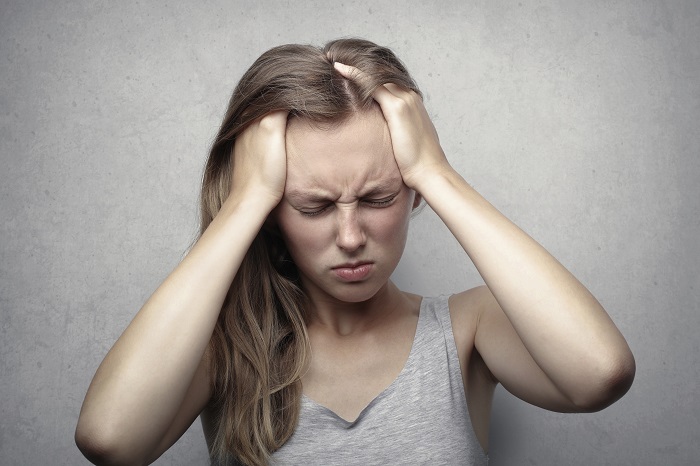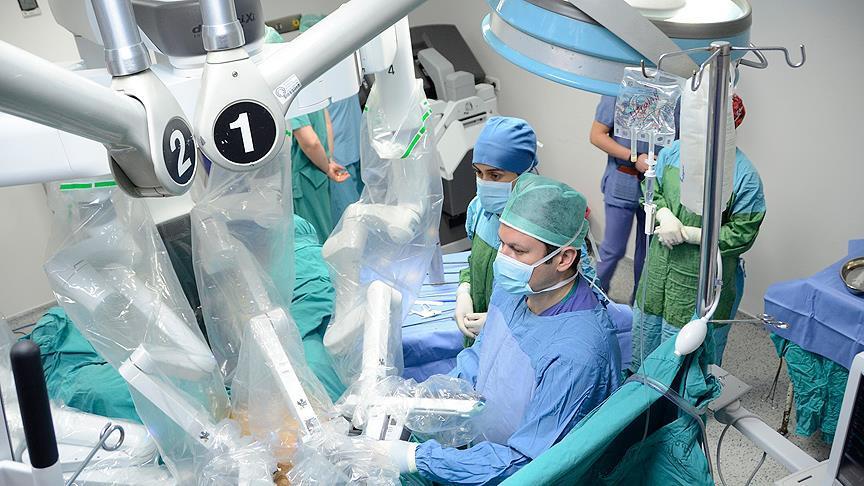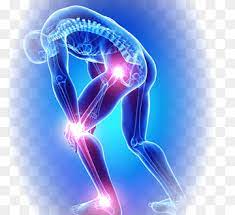Testosterone has a deep association with masculinity, vitality, and strength. The male sex hormone is well-known for its role in developing masculine characteristics, the reproductive system, muscle growth, bone density, and libido, among others. Beyond these, the vital male hormone plays a crucial role in mental health, energy regulation, and emotional stability. Emergent medical studies now find a powerful relation revealing that childhood trauma can take a toll on testosterone levels in adulthood, according to the experts at Evan Bass Men’s Clinic.
Suppose any child experiences abuse, negligence, or hysterical environments. In that case, the body ingests that state of mental stress for a prolonged period, which automatically triggers the hypothalamic-pituitary-adrenal (HPA) axis, leading to an increase in the stress hormone cortisol. In due course, this persistent condition of cortisol and its intense activity is likely to inhibit the function of the hypothalamic-pituitary-gonadal (HPG) axis, which is the key player in testosterone production.
Consequently, adult men with a history of childhood trauma may be affected by lower testosterone levels, causing issues like fatigue, less muscle mass, poor libido, anxiety, and even depression.
The Psychological and Physiological Effects
The condition of low testosterone in adult males extends beyond medical boundaries to signify underlying psychological trauma. Research indicates that men who experienced ACEs during childhood show a higher propensity for mood disorders while struggling to build healthy relationships and displaying risk-taking behaviors.
Testosterone exists as a biological entity, yet it simultaneously experiences profound modulation through emotional and psychological influences. Early trauma induces stress, fear, and shame, which persistently depress testosterone production throughout adult life.
Low testosterone levels directly contribute to worsening emotional difficulties. Men often experience diminished self-assurance alongside irritability and emotional detachment, which obstructs their healing processes. A destructive loop emerges where childhood trauma reduces testosterone levels, which then creates barriers to both emotional and physical recovery from the initial trauma.
Healing Hormones Through Trauma Recovery
The good news is that with evolving approaches of medical science, the impact of childhood trauma on male sex hormones is treatable. With the appropriate healing strategies, a victim can recoup the testosterone level, followed by counselling and medication, and feel better in both body and mind.
Therapeutic Interventions:
The trauma-informed rehab approach, which mainly includes EMDR (Eye Movement Desensitization and Reprocessing), somatic experience, and cognitive behavioral therapy (CBT), has become popular due to its rewirable ability to the brain’s stress response. A body will, in time, let up on being hypervigilant and on releasing large amounts of cortisol once these repressed emotions and memories are processed.
Changes in Lifestyle
Regular forms of exercise, particularly resistance training, can help increase testosterone levels naturally. Sufficient sleep and pursuing stress management techniques such as mindfulness and meditation, along with a nutritionally dense diet, will all support the HPA and HPG axes.
Medical Evaluation
For some men, medical facilities like Evan Bass Men’s Clinic suggest TRT Testosterone replacement therapy —after a thorough evaluation of medical history, psychological systems, hormone testing is performed thoroughly. It is imperative for men to acknowledge the underlying source of unresolved trauma rather than hiding symptoms through medication.
Developing Healthy Connections
One of the frequently abandoned paths for hormonal recovery lies in community building. Promoting safe and healthy friends, support networks, or mentoring relationships can alleviate feelings of isolation and reinstate a sense of belonging. This is vital in bringing back emotional and physiological balance.
Childhood trauma can create unseen wounds that impact men well into their adult years, including an imbalance in hormones. However, recognizing their connection and engaging in therapy, lifestyle modifications, and emotional re-connection can aid in restoring diminished testosterone levels and their associated benefits.



